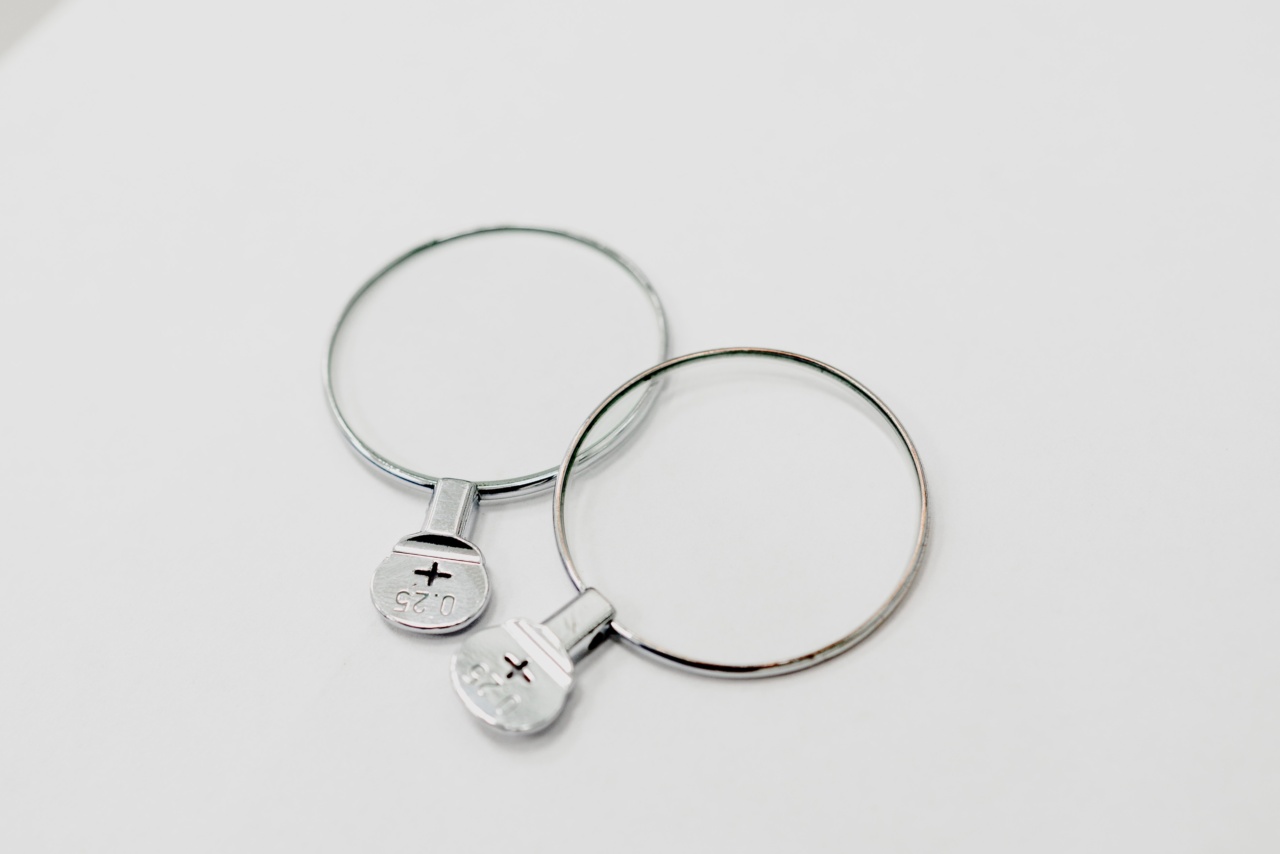Many people choose contact lenses as means of vision correction for their convenience, comfort, and aesthetic appeal. However, taking proper care of your contact lenses is crucial to prevent eye infections and maintain optimal eye health.
By following essential contact lens care tips, you can ensure that your eyes stay healthy and your vision remains clear. This article provides comprehensive guidelines to help you maintain good eye hygiene and protect your eyes while wearing contact lenses.
1. Wash Your Hands Thoroughly
Before touching your contact lenses, it is important to wash your hands with mild, fragrance-free soap and water. This step eliminates germs, debris, and oils that could potentially transfer to your lenses and cause irritation or infection.
Always remember to dry your hands using a lint-free towel, as lint particles can adhere to your lenses and irritate your eyes.
2. Disinfect and Store Properly
Disinfecting your contact lenses is crucial to remove bacteria, debris, and other harmful microorganisms that can accumulate on the lens surface over time.
Depending on the type of lenses you use, follow the recommended cleaning and disinfection method prescribed by your eye care specialist. This may involve using multipurpose solution or hydrogen peroxide-based systems, ensuring proper lens soaking time, and replacing the solution as instructed.
Store your lenses in a clean and well-ventilated case, replacing it regularly as per the manufacturer’s guidelines.
3. Avoid Water Contact
Whether it is tap water, swimming pool water, or even water in the shower, never allow your contact lenses to come into contact with water.
Water can introduce harmful microorganisms, including acanthamoeba, which can lead to severe and painful eye infections. Always remove your lenses before swimming or taking a shower to prevent the risk of contamination.
4. Adhere to the Recommended Wearing Schedule
It is essential to follow the recommended wearing schedule provided by your eye care professional.
Whether you wear daily disposable lenses, extended wear lenses, or monthly lenses, exceeding the recommended wearing time can increase the risk of eye infection and discomfort. Replace your lenses as prescribed, even if they still feel comfortable, to maintain optimal lens hygiene.
5. Clean and Replace Your Lens Case Regularly
Your lens case can harbor bacteria and other microorganisms if not cleaned and replaced regularly. Rinse your case with fresh solution and allow it to air dry after each use.
Replace your case at least every three months to minimize the risk of contamination. Additionally, always use the appropriate solution to rinse your case rather than tap water, as tap water can contain harmful microorganisms.
6. Remove Lenses Before Sleeping
Sleeping with your contact lenses can restrict oxygen flow to your corneas, increasing the risk of corneal ulcers, infections, and discomfort.
Unless your eye care professional specifically recommends extended wear lenses, it is crucial to remove your lenses before sleeping. Proper oxygen flow allows your eyes to breathe and prevents the buildup of debris and protein deposits on the lens surface.
7. Replace Lenses as Directed
Contact lenses have different lifespans depending on their type, such as daily, weekly, or monthly disposables. It is essential to adhere to the prescribed replacement schedule and avoid using lenses beyond their recommended duration.
Overused lenses can accumulate deposits, reduce oxygen permeability, and increase the risk of eye infections. Always consult your eye care specialist to determine the appropriate replacement frequency for your specific lenses.
8. Avoid Cosmetic Eye Products
While it may be tempting to enhance your appearance by using decorative, non-prescription contact lenses or colored cosmetic lenses, it is vital to avoid purchasing them without a prescription.
These products can cause corneal abrasions, infections, and other eye complications due to poor-fitting or low-quality lenses. Always consult your eye care professional if you are interested in using any cosmetic eye products.
9. Do Not Share Lenses
Sharing contact lenses, even for a short duration, can lead to the transmission of bacteria, viruses, and other harmful microorganisms.
Each person’s eye shape and prescription are unique, so sharing lenses can impair vision and cause discomfort or injury to both parties involved. Wearing someone else’s contact lenses can also increase the risk of eye infections. Always use your own prescribed lenses and refrain from sharing them with others.
10. Attend Regular Eye Examinations
Regular comprehensive eye exams are essential, even if you have perfect vision while wearing contacts. These exams allow your eye care specialist to monitor your eye health, evaluate your contact lens fit, and make any necessary adjustments.
They can also help identify any underlying eye conditions or changes in vision that may require further treatment.




























